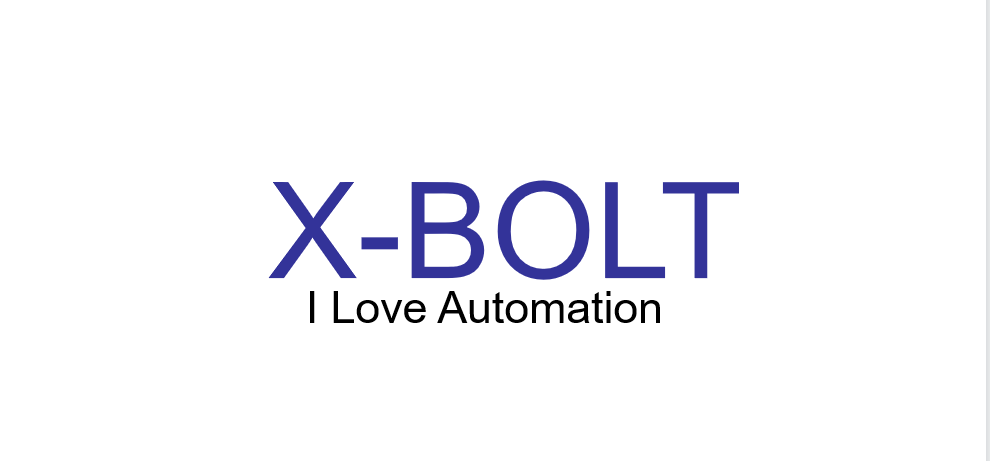Enthusiasts.com reported (text/Liang Haobin) BYD’s self-developed automotive chips have covered power, power management, MCU, CIS, sensors and other fields, but chips in the field of smart cockpits and autonomous driving are still the missing link for BYD.
However, it has recently been reported that BYD has begun to plan to develop its own dedicated chips for intelligent driving. The project is led by the BYD semiconductor team. It is currently docking with chip design companies and has begun to recruit BSP technical teams. It is understood that BSP (Board Support Package) is a layer between the motherboard hardware and the driver layer program in the operating system. It is generally considered to be part of the operating system, mainly to support the operating system and to be the upper driver. Provides a function package for accessing hardware device registers. The BSP development is in the early stage of the entire system development. You can develop the BSP on the development board first, and then debug it after the chip is successfully taped out in the future.
Source: a recruitment platform
Electronic Enthusiasts.com found on a recruitment platform that BYD is recruiting BSP driver experts in Shenzhen, which mentioned in the job responsibilities, “developing bootloader and firmware for new hardware platforms” and “designing, developing and testing device drivers for new hardware” , and write documentation”. This means that BYD is indeed preparing a new hardware platform, and it is likely to be based on Arm architecture.
At the same time, a person familiar with the matter revealed that BYD’s self-developed autonomous driving chip can be taped out by the end of the year as soon as possible. However, as of now (July 19), the official has not responded to the claim of self-developed smart driving chips.
But when we look back at BYD’s previous partners and layout in autonomous driving, we can find that BYD initially adopted the L0/L1 solution of Tier1 supplier Bosch, while the latest DiPilot assisted driving system has not disclosed its suppliers. In addition, in terms of autonomous driving technology, BYD is currently cooperating with Baidu and Momenta.
In December last year, BYD and Momenta established a joint venture, Dipai Zhixing. BYD said it will cooperate to create future-oriented high-level intelligent driving solutions. In February of this year, it was reported that BYD had chosen Baidu as the supplier of intelligent driving technology. Baidu provided BYD with ANP intelligent driving products and human-machine co-driving maps that integrate parking and parking, and will realize mass production of cooperative models in the near future.
On the autonomous driving chip, BYD has also chosen multiple partners before. In March of this year, Nvidia announced that BYD will mass-produce models equipped with its DRIVE Hyperion computing platform in 2023; a month later, the domestic autonomous driving chip company Horizon also announced that its third-generation product, the first fixed-point cooperation on the Journey 5 chip Settled in BYD models. It will also be mass-produced in 2023.
Is it a little strange? After realizing its own production of MCUs, IGBTs, motors, power modules, power management ICs, and even LED chips on car lights, BYD, which has always been inclined to in-depth self-research and vertical integration of the industry chain, seems to have a little bit of intelligence in this step. Disordered, I began to cast a wide net to find different suppliers to cooperate with.
But before the Electronic Enthusiast Network held the “Soul” in the hand, can the “BYD characteristic” automatic driving be turned over by NVIDIA? “The article once believed that for car companies, in order to adapt to the positioning of different models, it is also a common phenomenon to choose multiple suppliers for automatic driving. At present, it seems that BYD’s use of Baidu’s ANP will be used in low-end models, and the NVIDIA platform will be used. Due to cost factors, it has always been used in mid-to-high-end models. So it seems that BYD’s layout is still more reasonable.
Wang Chuanfu, chairman of BYD Group, once said that “the major changes in the automotive industry, electrification is the first half, and intelligence is the second half.” Obviously BYD will not be absent from self-research in intelligence. In the cooperation with Momenta, BYD revealed that it will create an “intelligent driving system with BYD characteristics”, which seems to imply that BYD will implement BYD’s autonomous autonomous driving algorithm in cooperation with Momenta.
In fact, self-developed autonomous driving chips have already been rolled up among new power car companies. Starting from Tesla’s FSD chip, Weilai, Xiaopeng, and Leapmotor are all laying out self-developed self-driving chips. Leapmotor, the controlling party and Dahua, where the founder is located, jointly developed and launched the Lingxin 01 with a single-chip computing power of 4.2TOPS, which has been widely used in its models.
Weilai also reported in 2020 that it has formed a chip team and began to develop autonomous driving chips. The internal team is called Smart HW. Xiaopeng revealed in April 2021 that the size of the self-developed chip team already has about 10 people, and the chip is expected to be taped out in 2022, but there is not much new news out. Ideal also established a chip company in May this year, Ideal Intelligent Technology, but it is still unknown which fields the company’s chip products will be applied to.
Therefore, BYD’s self-developed chip is actually a decision that conforms to the trend of automobile intelligence. Through self-developed autonomous driving chips, the advantages of self-definition of software and hardware can be more effectively used to create technical differentiation and master the right to speak in core technologies.
